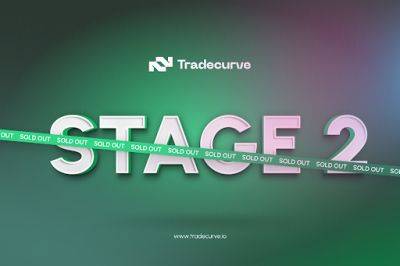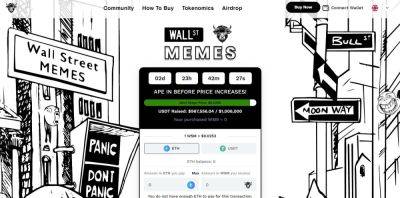‘Like Icarus – now everyone is burnt’: how Vice and BuzzFeed fell to earth
J ust over a decade ago Rupert Murdoch endorsed what appeared to be a glittering future for Vice, firing off a tweet after an impromptu visit to the media upstart’s Brooklyn offices and a drink in a nearby bar with the outspoken co-founder Shane Smith.
“Who’s heard of VICE media?” the Australian media mogul posted from his car on the way home from the 2012 visit, which resulted in a $70m (£55m) investment. “Wild, interesting effort to interest millennials who don’t read or watch established media. Global success.”
<p lang=«en» dir=«ltr» xml:lang=«en»>Who's heard of VICE media? Wild, interesting effort to interest millenials who don't read or watch established media. Global success.A year later, Disney had a secret $650m offer to buy fellow digital high-flyer BuzzFeed spurned, despite its then president reportedly getting on his knees to beg the founder, Jonah Peretti, to take the money. They were just two of the “old media” titans scrambling to buy into a generation of new players who appeared to have cracked the code for attracting the youth audiences abandoning traditional outlets in their droves.
“Vice and BuzzFeed really had that secret sauce for a while, where the intersection of media platform, technology and content engaged with young people,” says one former Vice staffer. “That attracted eye-watering investments and valuations: for maybe five years there was a real moment in the sun, but the ascent proved to be like Icarus and now everyone is burnt.”
Earlier this week it emerged that Vice, which was valued at as much as $5.7bn in 2017 having rejected a potentially $3bn-plus deal with Disney two years earlier, is reportedly close to filing for bankruptcy.
The news, which came after the company failed to convince as
Read more on theguardian.com




















